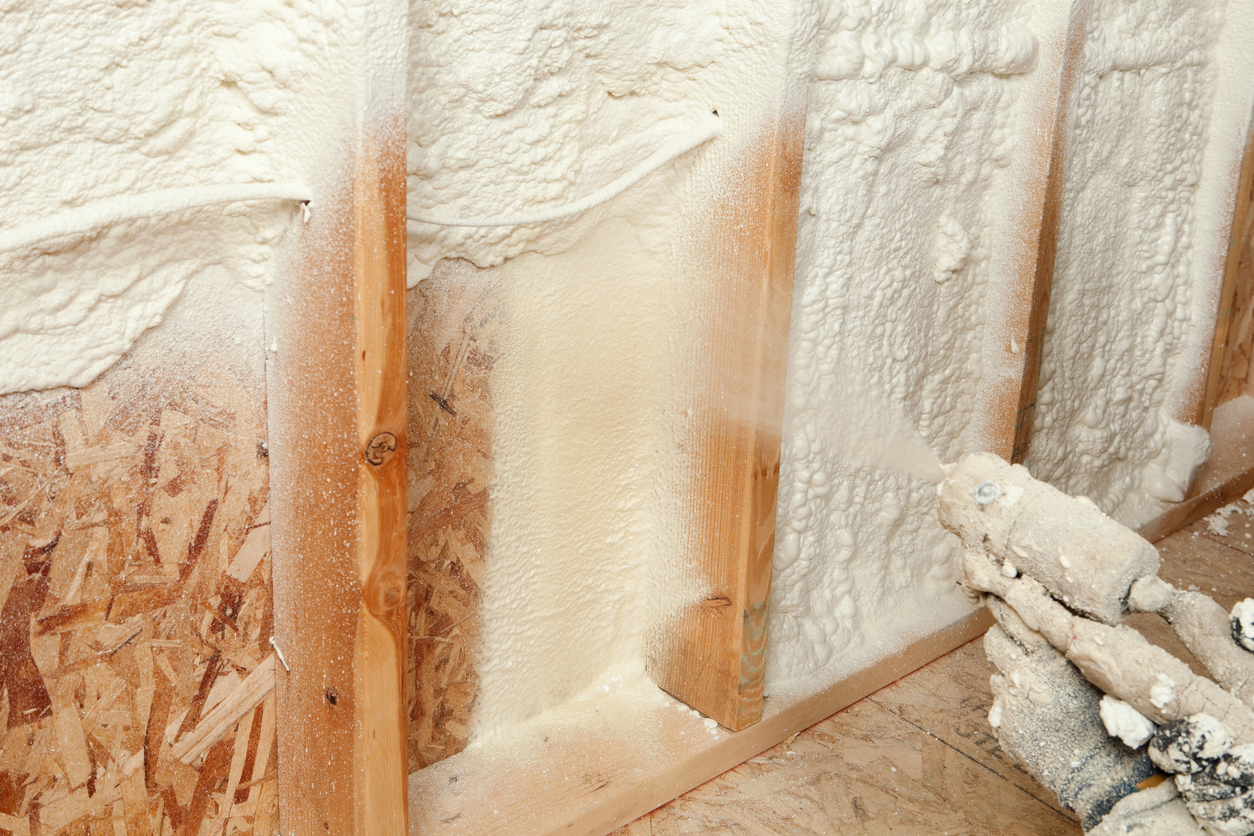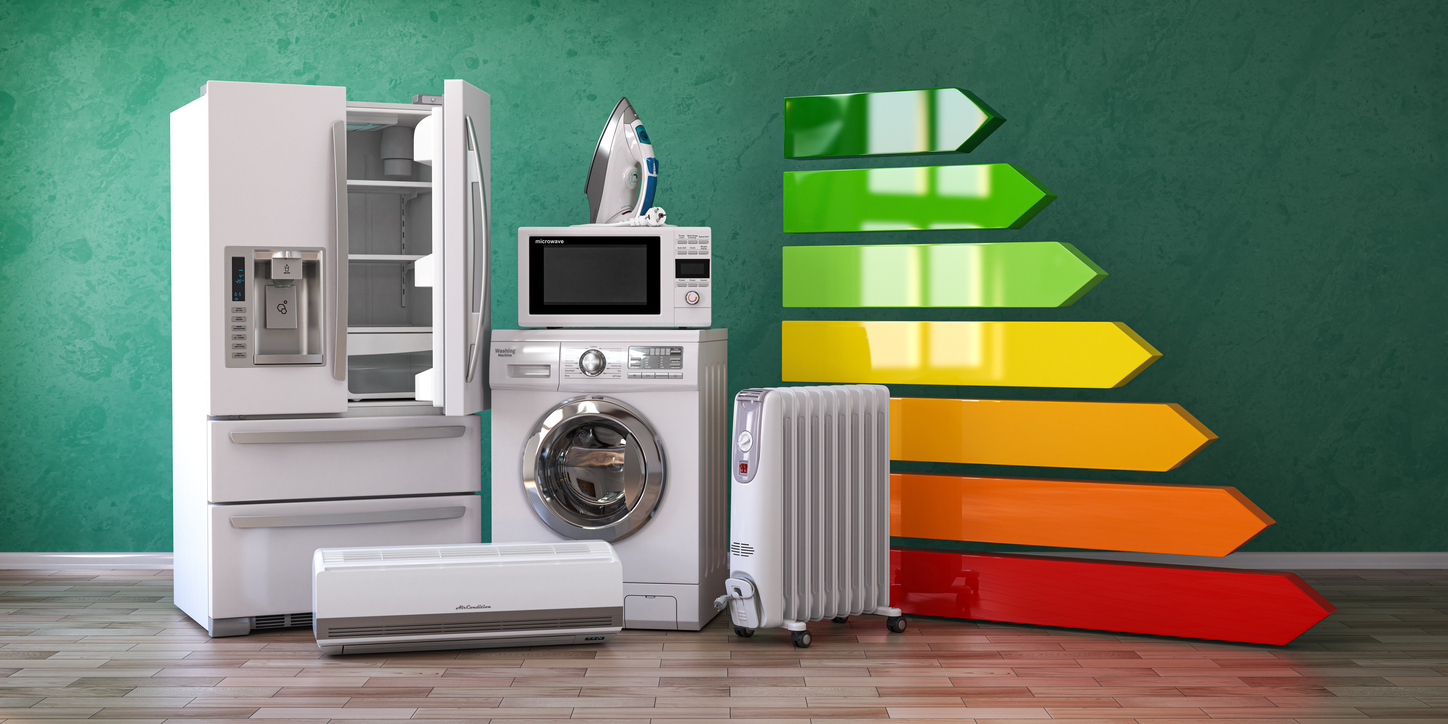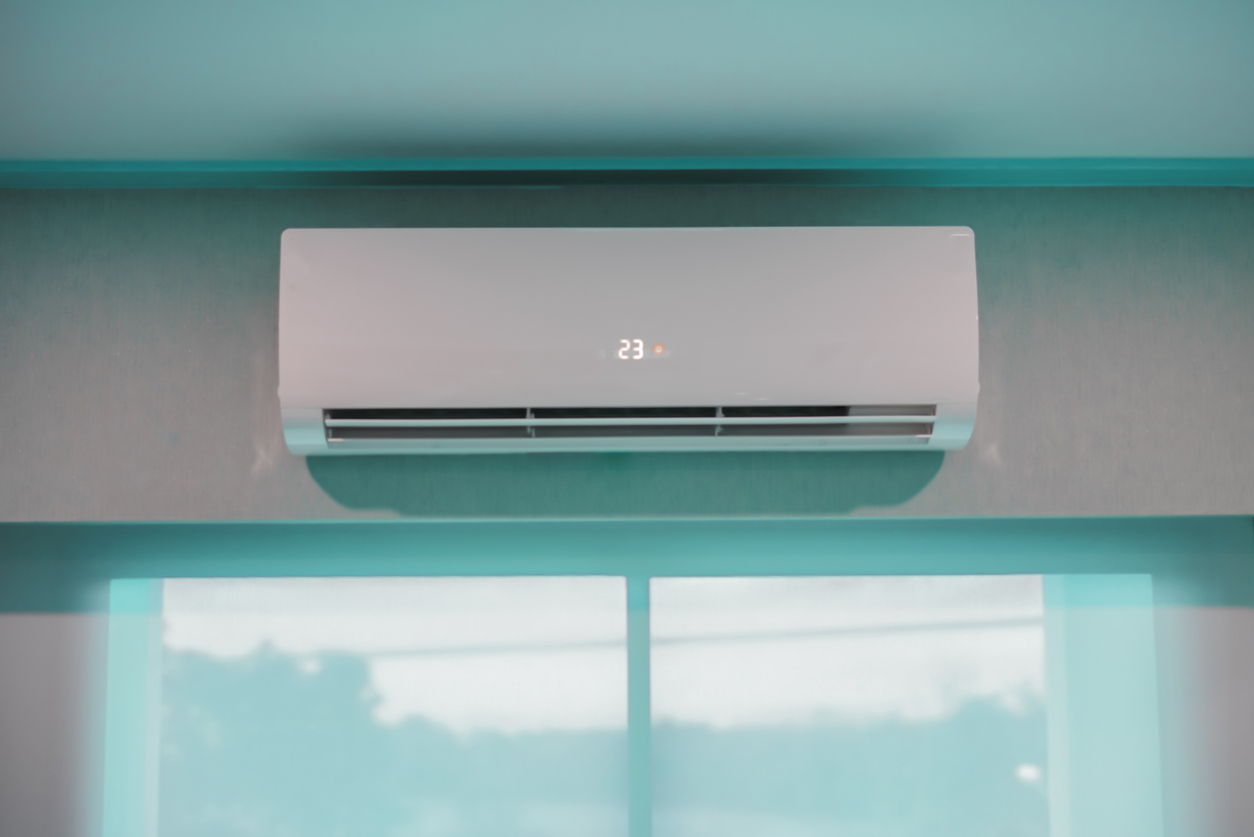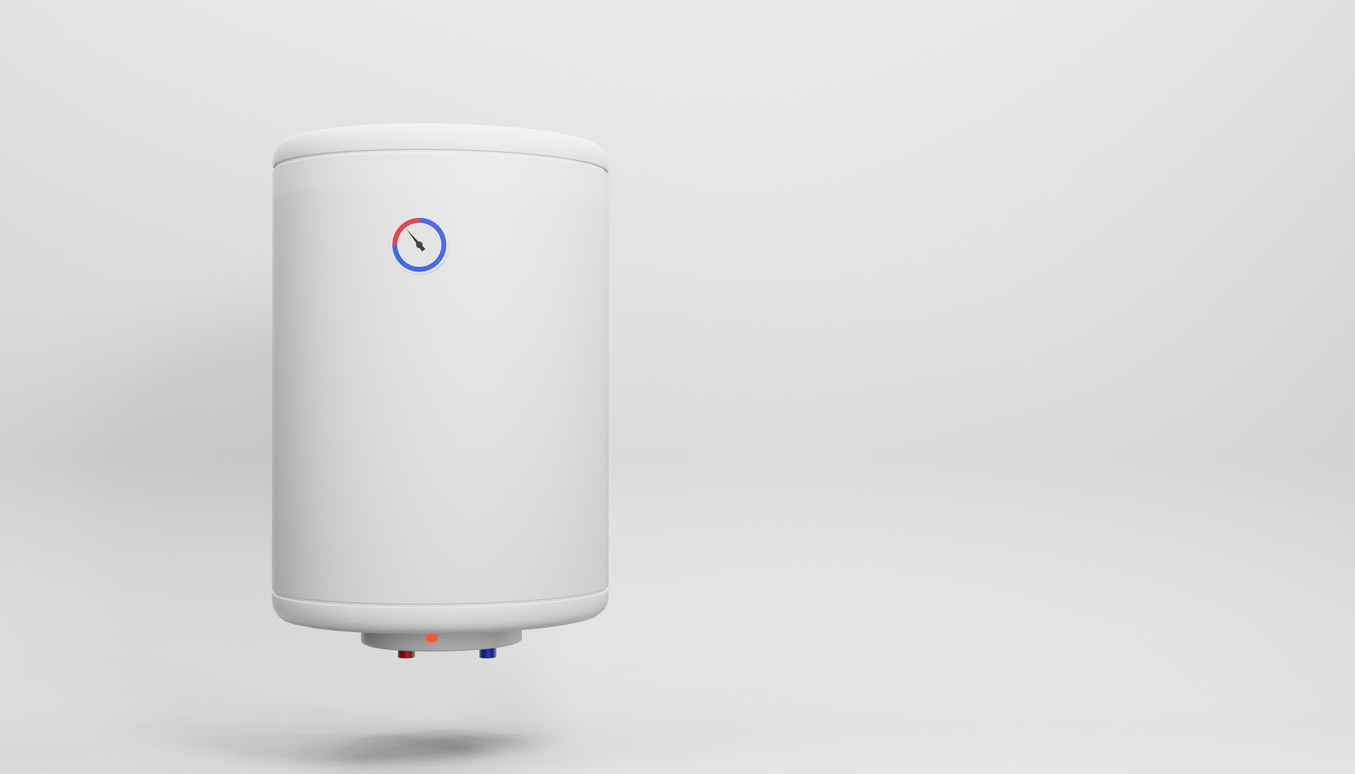
Introduction
Pakistan suffers from a persistent energy crisis. Despite the energy crisis, energy efficiency and conservation are not prioritized on an industrial or residential scale. People are generally not aware of the benefits of energy conservation. Using energy resources efficiently at the household level can reduce pressure on national resources. Aside from that, conservation efforts also help reduce unnecessary energy emissions and thus are in line with the climate change obligations. As per the National Energy Efficiency and Conservation Authority (NEECA), Pakistan has the potential to save up to 10-12 million TOEs (Tons of Oil Worth of Energy). Many households lose considerable energy during the cooling and heating process. By conserving even, a small amount of energy, a single household can significantly reduce its energy consumption.
Here are some of the ways you can use to conserve energy
1. Insulate the House Properly
Buildings and houses use insulation to prevent heat from escaping in the winter and from entering in the summer. The type and location of the insulation depend on the climate and purpose. Household insulation can aid in reducing energy consumption. Houses that are well insulated require fewer air conditioners and heaters. Insulating household appliances can also help to conserve energy. A lack of insulation in a house can cause a lot of heat to dissipate from pipes and heaters during the winter months. Covering the bathroom’s water heaters with insulating blankets can significantly reduce heat dissipation. The water will also stay warm longer this way.
Additionally, cracks in windows and other areas of the house should be properly insulated. During the winter, the heat will be trapped in the house and a household’s use of heaters will be reduced.
Insulation of the house should focus on five areas: the attic, walls, floors, basements, and crawlspace. By insulating these areas of the house, you can maximize energy efficiency and reduce the amount of energy spent on cooling and heating.
2. Purchase Energy-Efficient Appliances
Home appliances are responsible for roughly 13% of the total household energy use. For energy conservation, it is important to purchase appliances that are energy efficient. Energy-efficient appliances have a higher upfront purchase price as their operating costs are often 9-25% lower than conventional models. Energy-saving can differ based on the specific appliance like an energy-saving washing machine can conserve more energy than a refrigerator.
3. Use Smart Bulbs and LED Lights
One should pay attention to the type of light bulbs used. Traditional incandescent light bulbs consume an excessive amount of electricity, and they must be replaced with energy-efficient alternatives like Halogen incandescent, Compact Fluorescent (CFL), or Light Emitting Diode (LED) bulbs. These types of light bulbs consume 25-80% less electricity, and they have 3-25 times longer life than traditional bulbs. Although energy-efficient bulbs are more expensive off the shelf, their efficient energy use and longer lifetime mean that they cost less in the long run.

4. Reduce Electricity Usage During Peak Hours
Avoid using electricity during peak hours. According to the National Electric Power Regulatory Authority (NEPRA), there are different tariffs for peak and off-peak hours. The tariff is higher during peak hours of 7:00 pm to 11:00 pm, with the addition of 1 hour in different areas of the country. Appliances like Air Conditioners (ACs), washing machines, iron and dishwashers should not be used during the designated peak hours if you want to reduce your electricity bill.
5. Upgrade to Inverter Air Conditioners
Compared to normal air conditioning appliances, inverter ACs are quite energy-efficient and consume about 40-60% less energy. A conventional AC runs at peak capacity and every time it starts it needs extra electricity to jump-start its stationary motors and compressor. On the other hand, inverter AC never turns off its compressor or motors. It reduces the amount of electricity it needs and constantly keeps cooling or heating the room. When an inverter is turned on, it does slowly so that less electricity is consumed.
Although the cost of inverter ACs in the Pakistanis market is more than normal ACs, they prove to be economical in the long run. Upgrading the cooling system to such energy-saving appliances will surely conserve energy and reduce the electricity bill in peak season.
6. Use Geyser Responsibly
Geysers are commonly used in Pakistani households for heating water. One has to be careful in dealing with a geyser as it consumes four times more energy than a stove. It is important to keep the geyser on the WARM setting as it will substantially reduce the gas bill. One should increase the thermostat from warm to hot or very hot for a few minutes and then switch it back to warm. If you are not home for more than 24 hours, it is advisable to turn off the geyser. To reduce the gas bill, make sure all gas using appliances are regularly serviced and maintained. It is important to use good quality appliances and the ones that have been approved by Pakistan Standard and Quality Control Authority (PSQCA).
7. Smart Thermostat:
One of the easiest ways of conserving energy is by using smart thermostats. A smart thermostat can reduce household consumption levels by learning the pattern of use of the household residents and optimizing the heating or cooling level according to the pattern observed. The self-learning behaviour of the thermostat allows them to save on energy. Smart thermostats know when you are home or away, through third-party integrations or geofencing capabilities. A smart thermostat can also learn about individual preferences as the device is used over time.
Conclusion
Proper insulation of the house is key to reducing the overall expenditure on heating and cooling, especially during the winter and summer seasons. From electronic appliances to wires and all the cracks and holes in different areas need to be insulated properly to conserve energy. Installing smart heating and cooling systems will reduce the total energy bill along with overall optimized heating and cooling mechanisms. Replacing traditional home appliances with energy-efficient ones can conserve energy by manifolds. The use of Halogen incandescent bulbs, Compact Fluorescent (CFL) or Light Emitting Diode (LED) lights can reduce energy consumption by 25-80%. Therefore, consumers should constantly seek small ways of conserving energy as they can create a much bigger impact on the overall energy consumed at the household level.





Leave a Reply